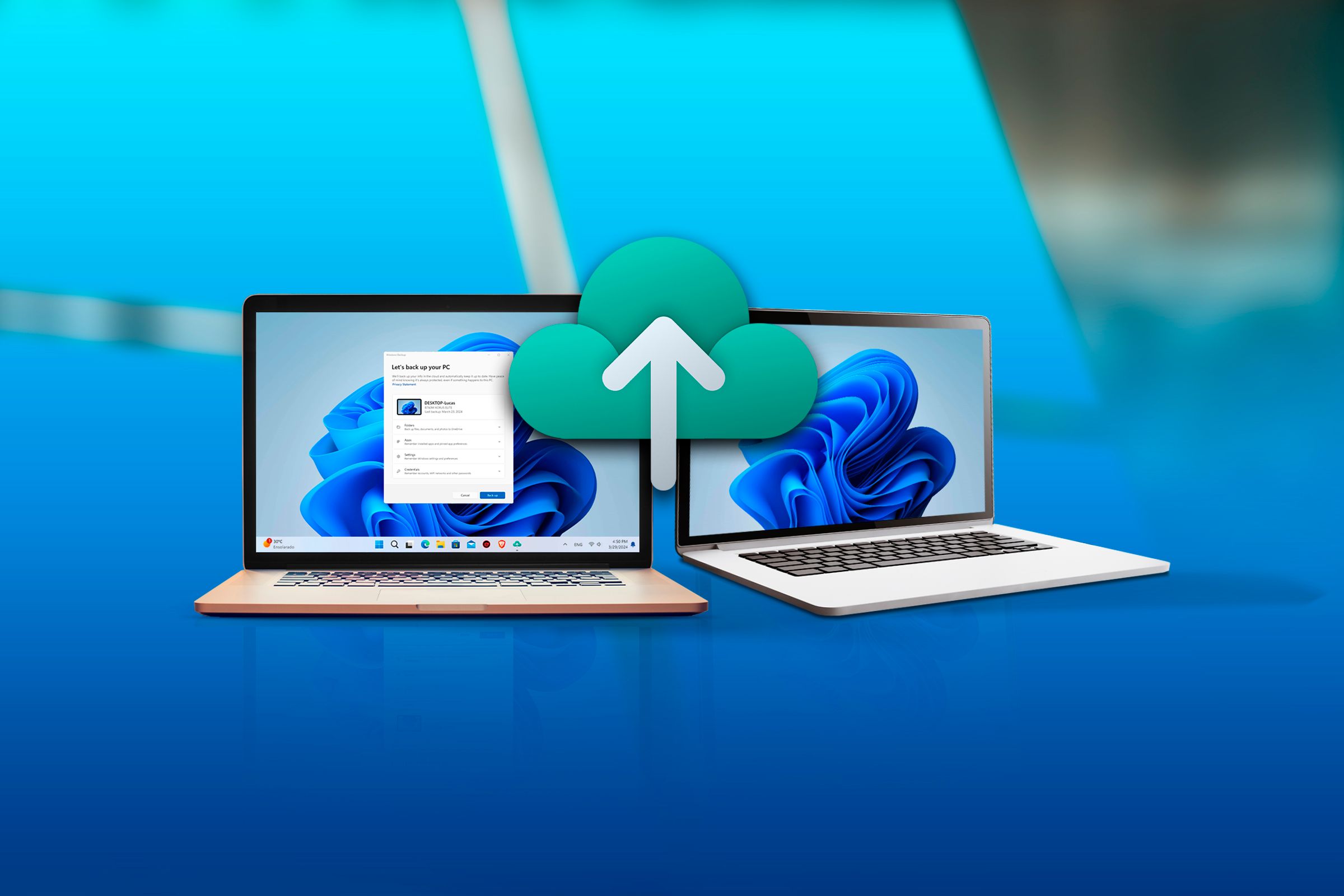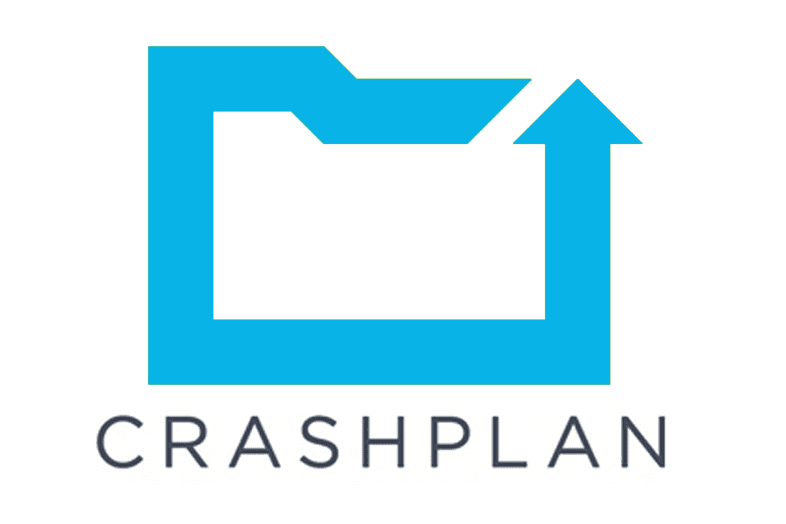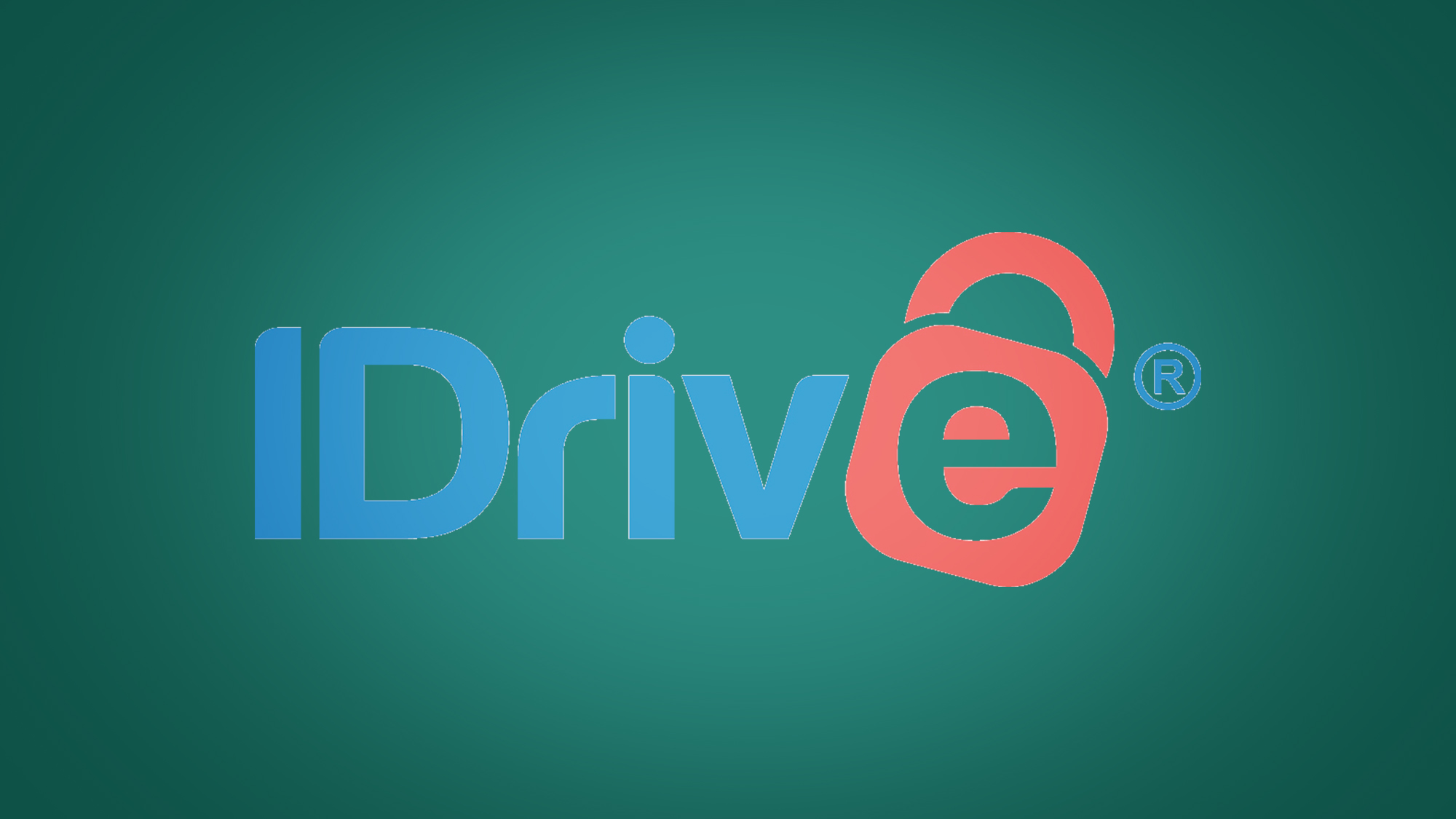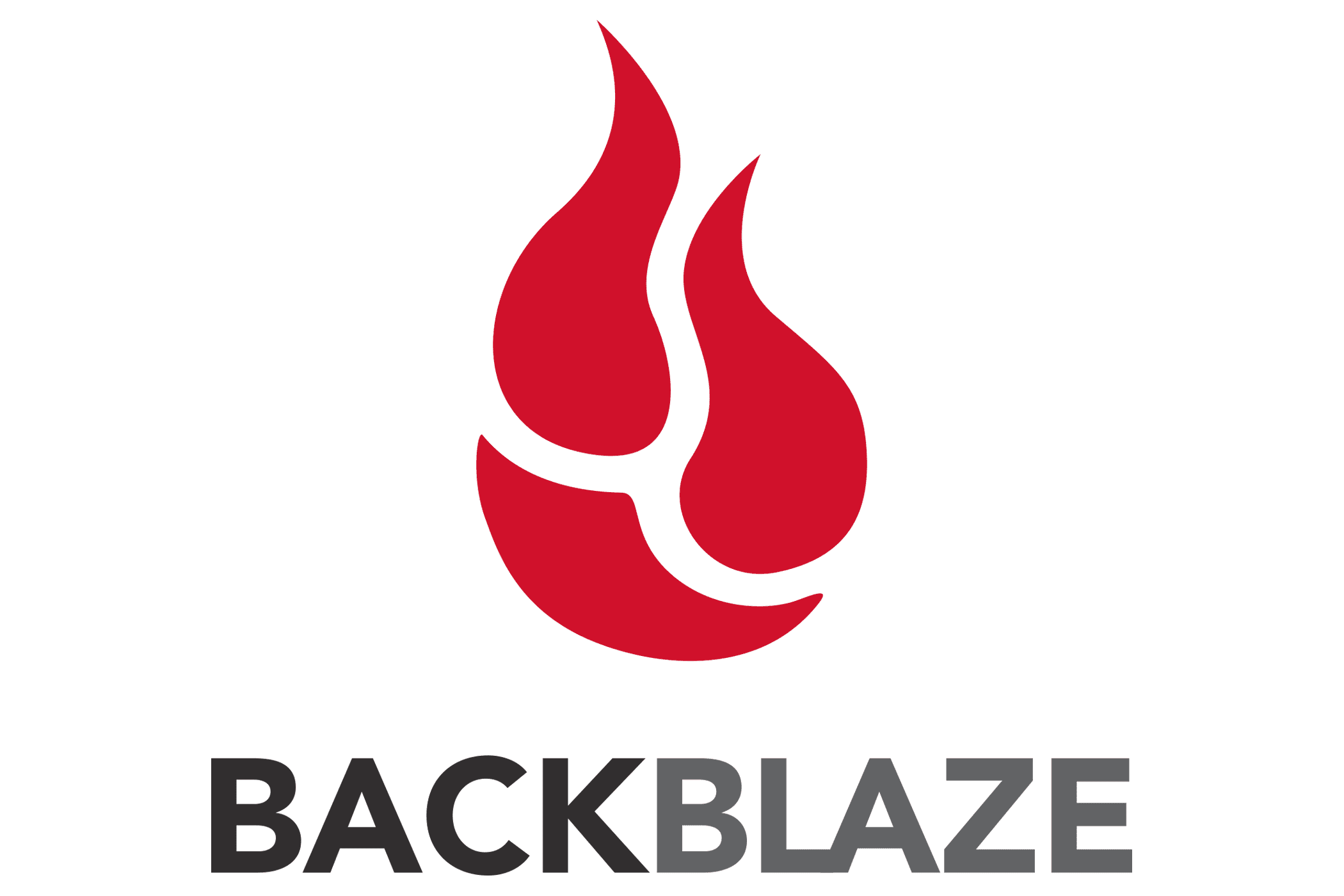
Rclone 1.64.2
Sync files effortlessly between your devices and cloud storage services with Rclone, the ultimate command-line syncing solution that streamlines your file backup process.
About Rclone
The Ultimate Command-Line Syncing Solution for Your Digital Life
=============================================
Are you tired of juggling multiple devices and cloud storage services to keep your files in sync? Do you find yourself lost in a sea of conflicting file versions and missing data? You're not alone. In today's digital age, it's easy to get overwhelmed with the complexity of syncing across different platforms.
Rclone is here to save the day – or should we say, your files?
The Problem
When you have multiple devices and cloud storage services, managing files can become a daunting task. You may find yourself constantly switching between devices, apps, and services to ensure that all your files are up-to-date. But what happens when one device goes offline, or the cloud service experiences technical issues? Your precious files are at risk of getting lost forever.
How Rclone Solves the Problem
Rclone is a powerful command-line syncing solution designed to streamline your file backup process. With its robust features and user-friendly interface, it's easy to sync files effortlessly between devices and cloud storage services.
Key Benefits of Rclone
Here are some key benefits that make Rclone an essential tool for any digital enthusiast:
- Easy Setup: Rclone is incredibly simple to set up, making it accessible to users of all skill levels.
- It's like a personalized file folder in the cloud! You can create and manage your own custom mappings between devices and cloud services.
- Flexible Syncing Options: Rclone offers a wide range of syncing options, including version tracking, encryption, and more.
- Version Control: Rclone allows you to track changes made to files across devices and cloud services, ensuring that you always have the most up-to-date versions.
- Encryption: You can encrypt your files for added security and peace of mind.
- Cross-Platform Compatibility: Rclone supports a wide range of devices and cloud storage services, including Windows, macOS, Linux, Google Drive, Dropbox, and many more.
- Whether you're on a Windows machine or an Apple MacBook, Rclone has got you covered.
- Highly Customizable: With its powerful command-line interface, you can customize your syncing process to suit your specific needs.
- Custom Mappings: You can create and manage your own custom mappings between devices and cloud services.
Real-Life Scenarios Where Rclone Shines
So, how does Rclone actually work in real-life scenarios?
- Syncing Files Across Devices: Let's say you have two Windows laptops – one at home and one at the office. With Rclone, you can sync files between both devices easily, ensuring that your important documents are always up-to-date.
- Imagine never having to worry about missing files or data loss again.
- Transferring Large Files: If you need to transfer large files between devices, Rclone is the perfect solution. Its fast syncing speeds ensure that you can work with your files quickly and efficiently.
- Fast Syncing Speeds: With Rclone's advanced syncing algorithms, you can enjoy fast syncing speeds even when transferring large files.
- Managing Cloud Storage Services: If you use multiple cloud storage services, such as Google Drive, Dropbox, and OneDrive, Rclone makes it easy to manage them all in one place.
What Users Say About Rclone
Don't just take our word for it – here's what some satisfied users have to say about Rclone:
"Rclone has been a game-changer for my file syncing needs. It's so much easier than juggling multiple devices and cloud services." – Rachel, Digital Enthusiast
"I was blown away by how easy it was to set up and use Rclone. The command-line interface may seem intimidating at first, but it's incredibly powerful once you get the hang of it." – David, Tech Whiz
Technical Information
Rclone User Guide
================
System Requirements
Rclone can run on most modern operating systems, but the following are the minimum requirements:
Operating Systems:
- Linux (Ubuntu 20.04 or later)
- macOS (10.12 or later)
- Windows (10 or later)
Hardware Specifications:
- CPU: Dual-core processor with a minimum speed of 2 GHz
- RAM: At least 4 GB of RAM, but 8 GB or more is recommended for large datasets
- Storage: Rclone can store data on local hard drives, SSDs, and NAS devices. For cloud storage, it supports services like Google Drive, Dropbox, and Amazon S3.
- GPU: Not required, but a dedicated graphics card may improve performance in some cases
Network Requirements:
- Internet Connection: A stable internet connection is necessary for Rclone to work properly
- Network Interface: An Ethernet or Wi-Fi network interface is recommended for reliable data transfer
Browser Compatibility:
- Web-based Interface: The official Rclone website uses modern web browsers like Google Chrome, Mozilla Firefox, and Microsoft Edge. Ensure that your browser supports HTML5.
Installation Guide
Step 1: Download Rclone
- Visit the official Rclone GitHub page and download the latest version of Rclone for your operating system.
- Once downloaded, navigate to the installation directory using a terminal or command prompt.
Step 2: Install Prerequisites
If you are installing Rclone on Linux or macOS, ensure that you have the following prerequisites installed:
Command Line Interface: A Unix-like shell is required for Rclone to function properly.
Git: Git version control system is necessary for downloading and updating Rclone.
Install Git (Ubuntu-based systems)
sudo apt-get update && sudo apt-get install git
Install Git (macOS)
brew install git
3. **Python:** Python 3.x is required as a dependency for Rclone's GUI client.
4. **Other Dependencies:** Depending on your operating system and configuration, you may need to install additional dependencies like `libssl-dev` or `openssl`.
```bash
### Install libssl-dev (Ubuntu-based systems)
sudo apt-get update && sudo apt-get install libssl-dev
### Install OpenSSL (macOS)
brew install openssl
Step 3: Run the Installer
After installing the prerequisites, navigate to the Rclone installation directory and run the installer.
```bash
Run the installer for Linux or macOS
./rclone -v --help
Run the installer for Windows
rclone.exe --version
#### Common Issues and Solutions:
1. **Permission denied errors:** Ensure that you have the necessary permissions to write files in your installation directory.
2. **Python version compatibility issues:** Update Python or use a different version of Rclone if necessary.
```bash
### Check Python version (Ubuntu-based systems)
python3 --version
### Install an older version of Python (Ubuntu-based systems)
sudo apt-get update && sudo apt-get install python2
Post-Installation Configuration:
After installing Rclone, you may need to configure the rclone.conf file to specify your cloud storage services and other preferences.
```bash
Open rclone.conf in a text editor
nano ~/.config/rclone/rclone.conf
### Technical Architecture
Rclone is built using modern technologies like Go (Golang) as its primary programming language, along with dependencies like:
* **Libraries:**
* `github.com/ghodss/yaml` for YAML parsing and generation
* `github.com/square/go-jose/v2` for JSON Web Token (JWT) handling
* **Frameworks:**
* **Command Line Interface:** Rclone uses a combination of Bash and Go to provide its command line interface.
* **Databases:**
* No database is required for Rclone's operation, as it stores data in local files or cloud storage services.
However, some features may require additional databases like MySQL for storing Rclone configurations and metadata.
#### Performance Considerations
When using Rclone, performance can be affected by factors such as:
* **Network Latency:** High network latency can cause slower data transfer speeds.
* **Disk Space:** Insufficient disk space can result in errors during file transfer.
* **Concurrency:** Managing multiple concurrent connections to remote storage services may impact performance.
```bash
### Monitor Rclone's system resource usage
sysctl -a
### Adjust the number of worker threads for improved concurrency
rclone config set --format=v2 [remote] max_workers 10
Dependencies
The following dependencies are required for Rclone:
- Language:
- Go (Golang) version 1.18 or later
- Libraries:
github.com/ghodss/yamlversion 5.4.0 or latergithub.com/square/go-jose/v2version 2.11.1 or later
- Frameworks:
- Bash for command line interface
Please refer to the official Rclone documentation and issue tracker for a complete list of dependencies.
Compatibility Notes
Rclone is compatible with most cloud storage services, including:
- Google Drive
- Dropbox
- Amazon S3
- Microsoft OneDrive
- Box
- pCloud
- MediaFire
However, compatibility may vary depending on the specific features and configurations used.
```bash
Check the compatibility of a remote storage service
rclone info [remote]
For more information about Rclone's compatibility and supported services, please refer to the official documentation.
System Requirements
| Operating System | Cross-platform |
| Additional Requirements | See technical information above |
File Information
| Size | 15 MB |
| Version | 1.64.2 |
| License | MIT |
User Reviews
Write a Review
Download Now
Software Details
| Category: | Backup & Recovery |
| Developer: | Rclone Team |
| License: | MIT |
| Added on: | August 20, 2022 |
| Updated on: | March 15, 2025 |




